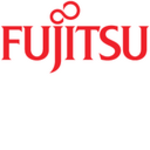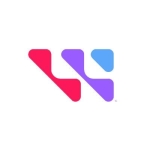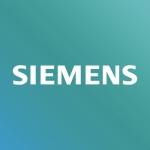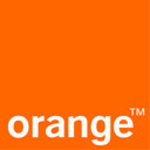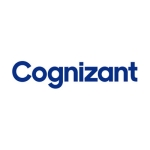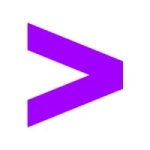The Data Domain serves as our primary backup device used with Veeam. It is used for all service backups and restores.



The Data Domain serves as our primary backup device used with Veeam. It is used for all service backups and restores.
This allows our organization to send more data to this device compared to others. It also allows us a fast recovery of files or Virtual Machines if needed being on-premise.
I would rate it at 5/5 as the deduplication and compression of the device for backups are outstanding. We have about 55TB of total space in the Data Domain which we send Veeam backups to, and we have sent over 200TB to the array.
The Deduplication and Compression are the most valuable as they allow us to back up a lot more data to the device knowing it will compress it well.
The processing capabilities I believe could be improved, however, we have an older unit DD670 and newer units may have already improved upon this.
I have been using the solution for more than five years.
We had no issues with stability.
No issues were encountered as we added a second shelf of disks without bringing the head unit down.
Customer Service:
Customer service for this unit is top notch and they are fast to get back to you with a Support issue.
Technical Support:
Technical Support is also top notch and are quick to respond to queries or tickets.
Positive
I was not involved in the initial setup of the array.
It was implemented through a vendor as well as in-house personnel.
It has been very good especially with the expansion shelf added.
Review the newer versions of the device and evaluate them if possible. You will get great benefits for backups.

Hi,
We all know it's really hard to get good pricing and cost information.
Please share what you can so you can help your peers.

Please share with the community what you think needs improvement with Dell EMC PowerStore.
What are its weaknesses? What would you like to see changed in a future version?

How do you or your organization use this solution?
Please share with us so that your peers can learn from your experiences.
Thank you!

If you were talking to someone whose organization is considering Dell EMC PowerStore, what would you say?
How would you rate it and why? Any other tips or advice?

Please share with the community what you think needs improvement with Dell EMC PowerEdge Rack Servers.
What are its weaknesses? What would you like to see changed in a future version?

How do you or your organization use this solution?
Please share with us so that your peers can learn from your experiences.
Thank you!

If you were talking to someone whose organization is considering Dell EMC PowerEdge Rack Servers, what would you say?
How would you rate it and why? Any other tips or advice?

Hi,
We all know it's really hard to get good pricing and cost information.
Please share what you can so you can help your peers.

Hi,
We all know it's really hard to get good pricing and cost information.
Please share what you can so you can help your peers.

If you were talking to someone whose organization is considering Dell EMC PowerScale (Isilon), what would you say?
How would you rate it and why? Any other tips or advice?

How do you or your organization use this solution?
Please share with us so that your peers can learn from your experiences.
Thank you!

Please share with the community what you think needs improvement with Dell EMC PowerScale (Isilon).
What are its weaknesses? What would you like to see changed in a future version?

Hi,
We all know it's really hard to get good pricing and cost information.
Please share what you can so you can help your peers.

How do you or your organization use this solution?
Please share with us so that your peers can learn from your experiences.
Thank you!

Please share with the community what you think needs improvement with Dell PowerEdge M.
What are its weaknesses? What would you like to see changed in a future version?

If you were talking to someone whose organization is considering Dell PowerEdge M, what would you say?
How would you rate it and why? Any other tips or advice?

How do you or your organization use this solution?
Please share with us so that your peers can learn from your experiences.
Thank you!

If you were talking to someone whose organization is considering Dell PowerProtect Cloud Snapshot, what would you say?
How would you rate it and why? Any other tips or advice?

Please share with the community what you think needs improvement with Dell PowerProtect Cloud Snapshot.
What are its weaknesses? What would you like to see changed in a future version?

If you were talking to someone whose organization is considering Dell EMC Integrated Data Protection Appliance, what would you say?
How would you rate it and why? Any other tips or advice?
